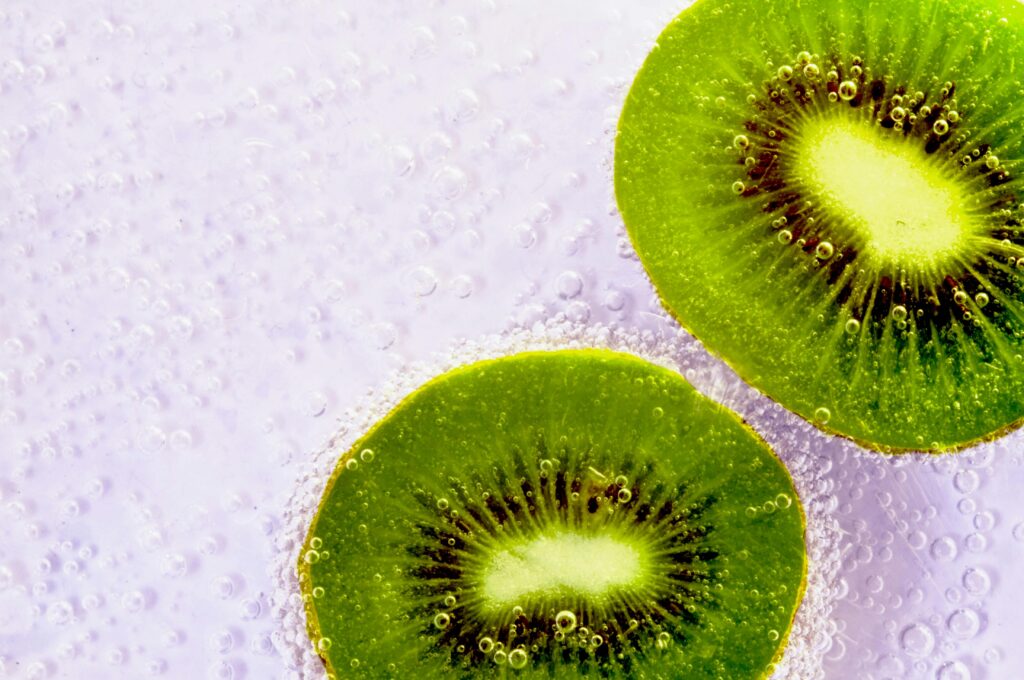Walk into any gym and you’ll probably overhear at least one conversation about creatine. Maybe it’s two guys in the free weights section comparing scoop sizes, or someone at the squat rack casually asking a friend if they should “cycle off”. But with a reputation that the supplement is reserved for gym junkies, chances are you’ve quietly assumed it wasn’t right for you.
For decades, creatine has lived in the domain of bodybuilders and athletes chasing serious muscle mass. It’s often bundled together with testosterone boosters and protein powders that taste vaguely like cement. But now that narrative is starting to shift.
Health-conscious women are beginning to pay attention to creatine for what it really is: one of the most well-researched, safe and effective supplements on the market. And not just for muscle growth. There’s emerging evidence linking creatine to improved cognitive function, increased energy and better bone density – things that matter at every life stage, but especially through perimenopause and beyond.
So why aren’t more women taking it? Partly because of outdated stereotypes. And partly because there isn’t enough reliable information out there to convince them of its powers. We can help solve the latter. Below, we answer your biggest questions about creatine.

What is creatine, anyway?
Creatine is a naturally occurring compound made from three amino acids – arginine, glycine and methionine. Your liver, pancreas and kidneys make it, and you also get small amounts from eating meat and fish. But unless you’re downing steaks daily, the average diet doesn’t deliver a whole lot.
In your body, creatine’s main job is to help regenerate ATP (adenosine triphosphate), the molecule that fuels short bursts of movement. More creatine in your system equals more energy available for your muscles to fire up and perform.
Will creatine make you bulky?
Let’s debunk this right now. Unless you’re following a serious bulking program, eating in a calorie surplus and lifting extremely heavy weights with high volume, creatine alone is not going to make you bulky.
What it can do is help you gain lean mass, improve definition and help you feel stronger. Some women notice a little water retention in the first week or two (creatine helps pull water into your muscles), but it’s temporary and usually subtle.

How much creatine should you take?
The recommended dose for most women is three to five grams of creatine monohydrate per day. You don’t need to load it (i.e. take extra for the first few days), though that method can help saturate your muscles more quickly.
Creatine isn’t timing-sensitive, so you can take it morning or night, before or after a workout. Whatever fits best into your routine. The important thing is consistency. Like skincare, results come with daily use.
Should you take creatine on rest days?
Yes, still take it. Creatine builds up in your muscles over time, so daily use (even on rest days) helps maintain optimal levels. Skipping on weekends or rest days slows that saturation process down.
Are there any negative side effects of taking creatine?
For most people, creatine is safe.
The only commonly reported issue is mild water retention in the early days of use. Some people worry about kidney function, but multiple long-term studies in healthy individuals have shown no harm. Still, if you have pre-existing kidney conditions, it’s always smart to check with your doctor before adding supplements to your regimen.
Can I mix creatine with anything?
Creatine is tasteless and mixes well with just about anything. Water, juice, smoothies, protein shakes – it doesn’t discriminate. You can even stir it into your morning coffee.
Is creatine just for gym junkies?
Nope. While athletes swear by it, creatine’s benefits are broader than many realise. If you’re a runner, a reformer Pilates fan, a busy mum trying to boost energy, or someone thinking ahead about aging well, it’s worth considering.
The best creatine for women, picked by the WH editors
Shopping for someone that has it all? Look to these stocking filler ideas that are sure to please even the most difficult of shoppers.
Women’s Health may earn commission from the links on this page, but we only feature products we believe in.
This article provides general information around supplements only. For customised medical support, please seek the advice of your GP or healthcare professional.
















